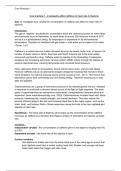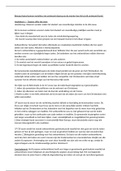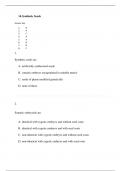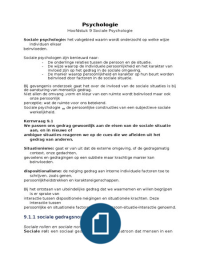Exam (elaborations)
CP1 write up - Investigate the effect of caffeine on heart rate in Daphnia
- Module
- Core Practicals
- Institution
- PEARSON (PEARSON)
Edexcel A Biology A level core practical Write ups. All include an introduction, hypothesis, variables, method, results, evaluations... CP1 - Investigate the effect of caffeine on heart rate in Daphnia
[Show more]










